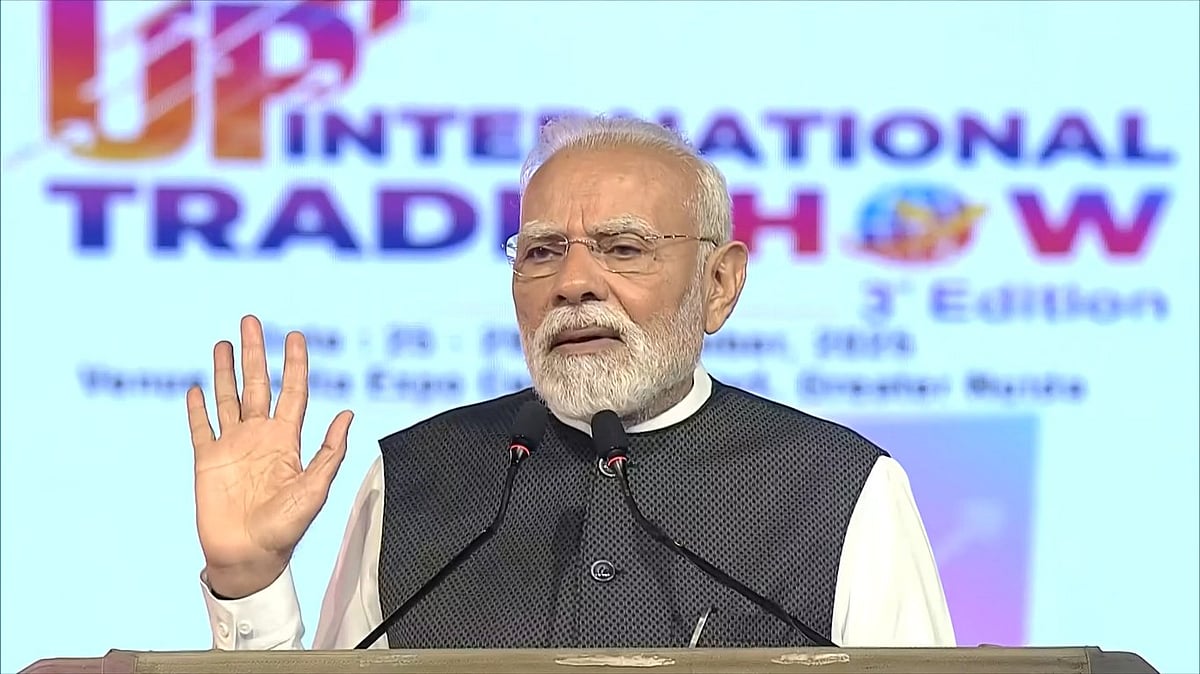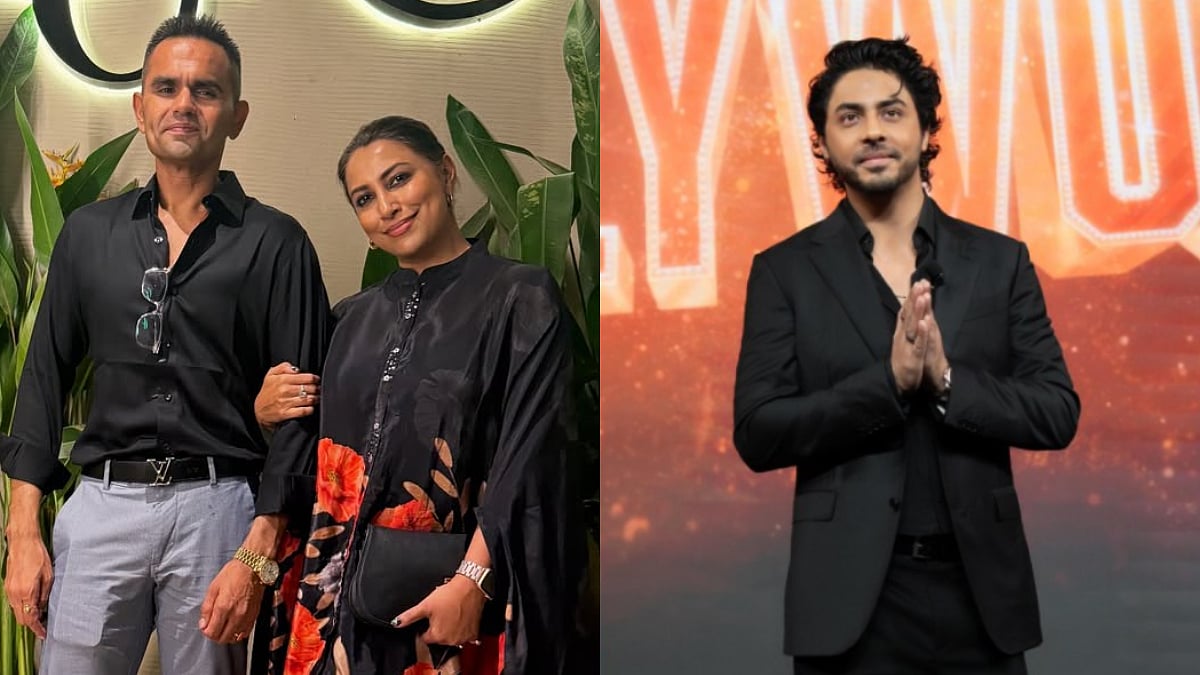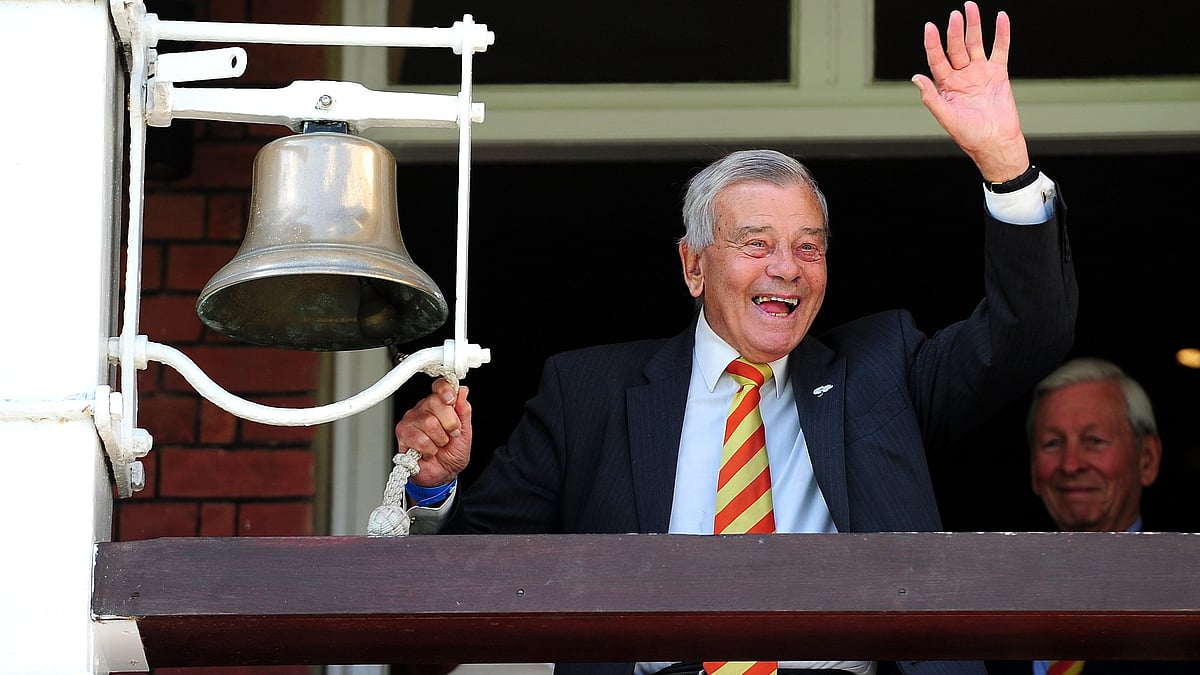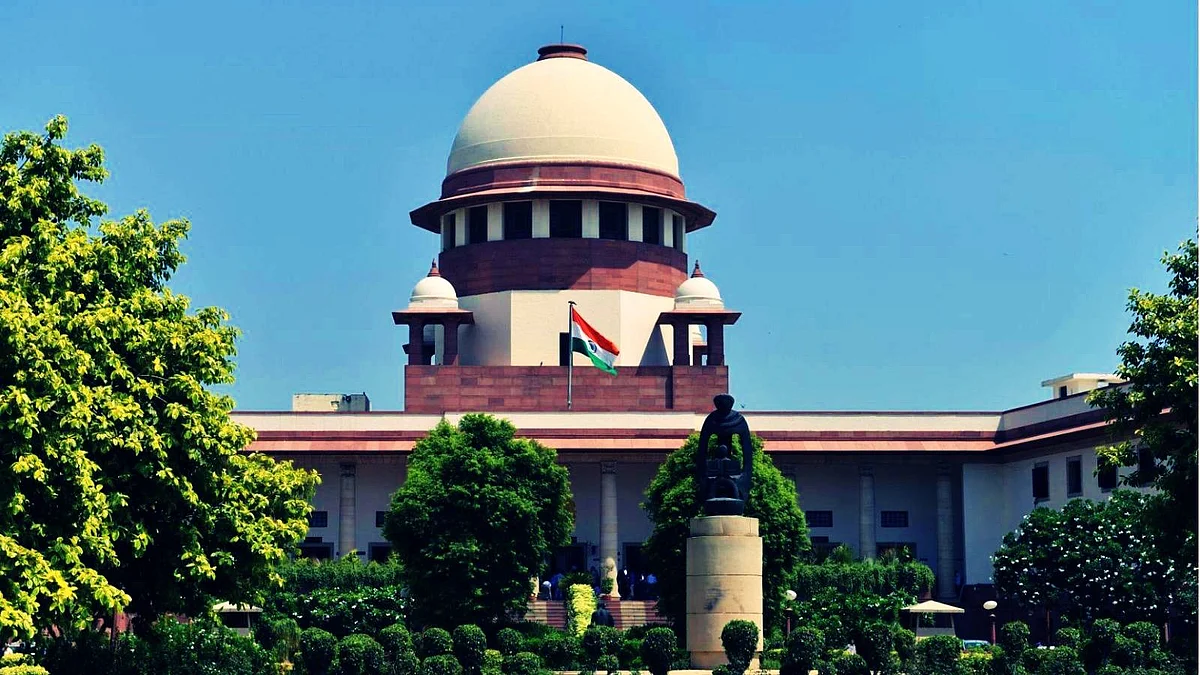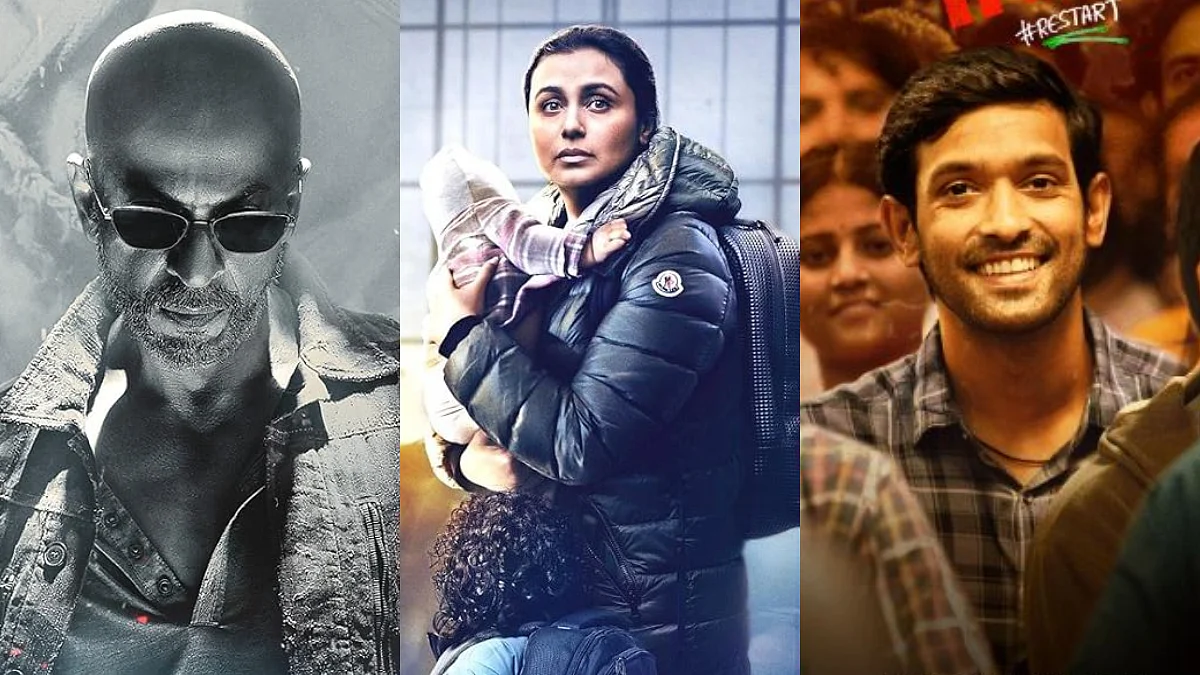There are constant complaints of sexism and ageism in the movie industry. There are fewer roles of significance written for women, and for older women, or for women of colour, the number drops drastically. So when the Academy Awards nominations are announced, it is a good indicator of who are the best actresses in Hollywood and what kind of roles they played in the past year that fetched them the coveted nominations.
Lily Gladstone is the first Native American actress to be nominated for her performance in Martin Scorsese’s historical epic, Killers of the Flower Moon. If she wins, she will make history, as she did when she won the Golden Globe earlier this year. She plays a Native American, Mollie Burkhart, caught up in a vicious cycle of greed and murder when oil is found in the Osage Reserve, where she lives with her sisters and other members of her tribe. With stars like Leonardo DiCaprio and Robert de Niro, she held her own. Scorsese is quoted in vulture.com as saying, ““She had a very sharp sense of her own presence before the camera and an extremely unusual trust in simplicity. That’s a rare thing. You can’t take your eyes off her.”
Her nearest rival for the statuette is Emma Stone in Poor Things. Winner of the Oscar for La La Land (2016), she plays a part that is unusual by any measure. In Greek director Yorgos Lanthimos’s film, she plays Bella Baxter, a Frankenstein’s monster kind of character (though not ugly or scary), a woman who is brought back from the dead by the unorthodox scientist, Dr Godwin Baxter, whom she calls God. She is controlled by him, her life limited to his home and laboratory. When she gets the chance she runs away with an unscrupulous lawyer, Duncan, who is fascinated by her strangeness and unending curiosity.
Constance Grady in Vox.com writes, “Once on the continent, however, Bella does what girls do in Europe and discovers philosophy. Her mind thus expanded, she looks askance on her lover’s myopia. ‘My heart has become dim towards your swearing, weepy person,’ she informs Duncan. Surviving Europe without Duncan will require Bella to dabble in both socialism and sex work, which she does with a good will. The allegory here is straightforward: Bella is infantilised Victorian femininity, a grown woman pushed by controlling men into living her life like a child. She finds redemption by taking control of her fate, body, and mind for herself.”
It is a feminist statement couched in sci-fi and garnished with sex, and Emma Stone has excelled in a role that would have discomfited a lot of actresses. At 36, Stone is the youngest of this year’s nominees. Two others are in their thirties — Gladstone is 37, Carey Mulligan is 39.
Mulligan is a three-time nominee and, in Bradley Cooper’s Maestro, plays the part of talented actress Felicia Montealegre, who had a long and troubled marriage with legendary music composer Leonard Bernstein. The role may not be as searing as her earlier much-discussed Promising Young Woman, about a rape survivor trying to make sense of her life, but she plays a longer span and also a dash of tragedy, since the real Felicia died of breast cancer at the age of 56. Mulligan researched Felicia’s life, watched videos, met her family. She said in an interview to Vanity Fair’s Rebecca Ford, “There were things that I kind of understood about her innately, and I felt very comfortable.” Ford observes, “Mulligan reveals that she deeply connected to Montealegre’s resistance to fully committing to acting in some ways, feeling too embarrassed to dive into that vulnerability. But Maestro has changed all of that for Mulligan, who says that, for the first time, she allowed herself to fully immerse into the character — and is forever changed by the experience.”
Annette Bening, a five-time nominee with no Oscar wins yet, is at 66 the oldest contender for Nyad, directed by Jimmy Chin and Elizabeth Chai Vasarhelyi. She plays long-distance swimmer Diana Nyad, who at the age of 60 defied odds and, with the help of her coach friend (played by Jodie Foster, also nominated for supporting actress), decides to tackle the 110-mile open ocean swim from Cuba to Florida, in water riddled with jellyfish that sting like electrocution. She was not able to complete it when she was 24, and that remained an unfulfilled dream which she revisits at 60. The more people tell her she can’t manage it at her age, the more determined she gets. To play the role, Bening also had to put in the hours in a year of arduous swimming training.
Zoe Willams writes in The Guardian, “Bening is keen to underline that the film amps up a spikiness in Nyad’s character. Nyad is delightful, says Bening. In her on-screen portrayal, however, she is often a pain in everyone’s neck, especially Jodie Foster’s. “When women have complexity, when women are difficult, our metric for being able to accept them is so different,” she says. “It’s like politicians: there’s always this sense that they have to be likable. There’s a quality that a woman has to have that’s non-threatening and pleasing. Either that, or they have to be very conservative. Like Thatcher. We can accept a woman if she’s very conservative, but the idea of a liberal woman is much scarier.”
It is rare for an actress her age to get a role that challenges her mentally and physically, and Bening had the tenacity to take it up and then do whatever it took to make the character believable and, despite her spikiness, likeable and hugely inspiring.
German actress Sandra Huller, 45, is the outsider amidst the line of Hollywood divas. In Justine Triet’s much-acclaimed courtroom drama, Anatomy Of A Fall, she plays a novelist suspected of her husband’s murder. Huller told Thomas Page of CNN in an interview, “I thought it was interesting to show that when women are in that position, they are much more criticised by society. In the courtroom, the others are talking instead of her. She’s dispossessed of her narrative. Her sexual life is dissected. Everything that is a power in her life is (turned against her) in the courtroom. At the same time, because she’s a successful novelist, she could be seen as a threat by everyone. She’s in possession of herself and that makes her a threatening presence.” She adds about her approach to the character. “The most challenging thing about the trial was not (being) able to move, really. Sandra would sit on that bench for the whole trial and sometimes she would be allowed to stand. That was hard, but also I liked that (there was) this line I wasn’t to cross. That concentration, the focus, was much higher because I couldn’t show anything through the movement of my body. I could only show it with my face or with my hands.”
These films may not have become major blockbusters — which, unfortunately, has become the only yardstick to judge a film. It is wonderful to see these actresses play such diverse and difficult characters, and Hollywood recognising them for their talent and not for box-office dollars.
Deepa Gahlot is a Mumbai-based columnist, critic and author

